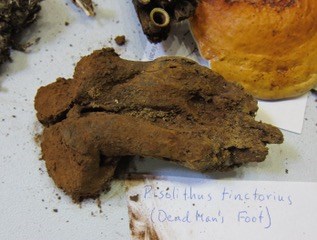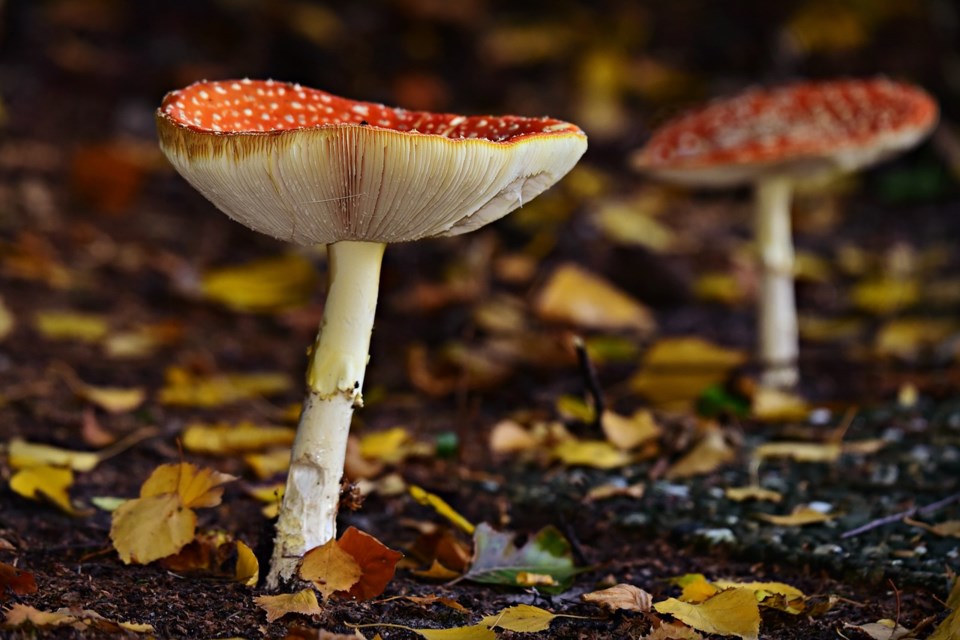Whether you’re into mushroom dyes, mushroom costumes, mushroom origami or tasty mushrooms to use in the kitchen, the Vancouver Mycological Society’s fall mushroom show at the Richmond Nature Park has it all.
The show opens at 11 a.m. on Sunday, and you may want to arrive early—in 2016, about 700 people attended.
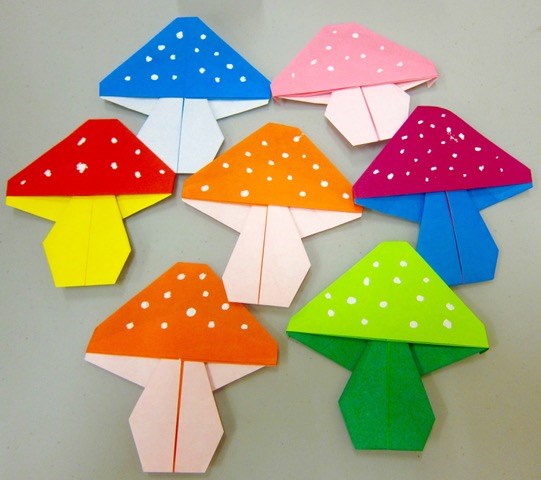
“We wanted to be able to introduce people to local wild mushrooms,” said Vivian Miao with the mycological society. “They’re cool – they do so many things … Like penicillin, a lot of our industrial products … soy sauce is made from a fungus.”
Fall is mushroom season in the Lower Mainland, and the society brings a variety of local ones you can find to display. You’re also welcome to bring your own mushrooms for the experts to identify. Miao says she’s always surprised by the unexpected varieties that show up in people’s backyards.
The show is also a great opportunity to learn about the role fung has in our ecosystem. Networks of the organisms often stick to trees, and help the trees to find nutrients and even communicate with each other.
“It’s a way to get into nature. Fungi are very important to life,” Miao said.
Her favourite type of mushroom that’s native to Richmond is Amanita muscaria, or the fly mushroom. It’s red with white dots on the cap, Super Mario style.
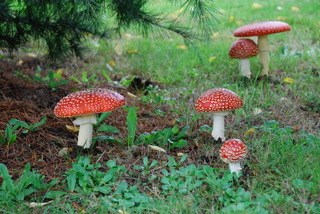
If you’re looking for one you can eat, try the cauliflower mushroom (Sparassis crispa).
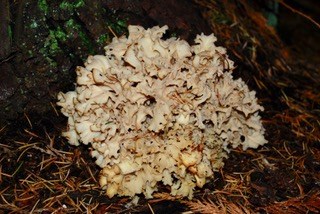
Be careful of the deathcap mushroom though, because it’s toxic. The species, Amanita phalloides, is not native to North America, but hitchhiked here on imported tree stocks.
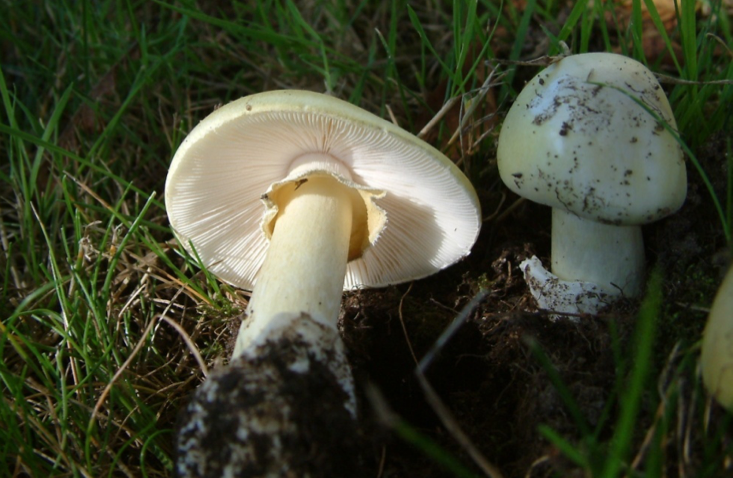
The turkey tail mushroom, Trametes versicolor, is striking and also has uses in traditional medicine
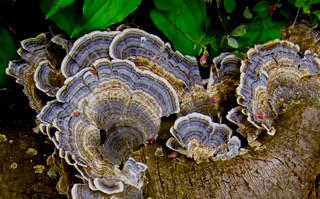
But when it comes to the looks department, some mushrooms are more gifted than others. Miao thinks the deadman’s foot, Pisolithus tinctorius, could be a candidate for ugliest mushroom. But it’s great for use in fabric dyeing
